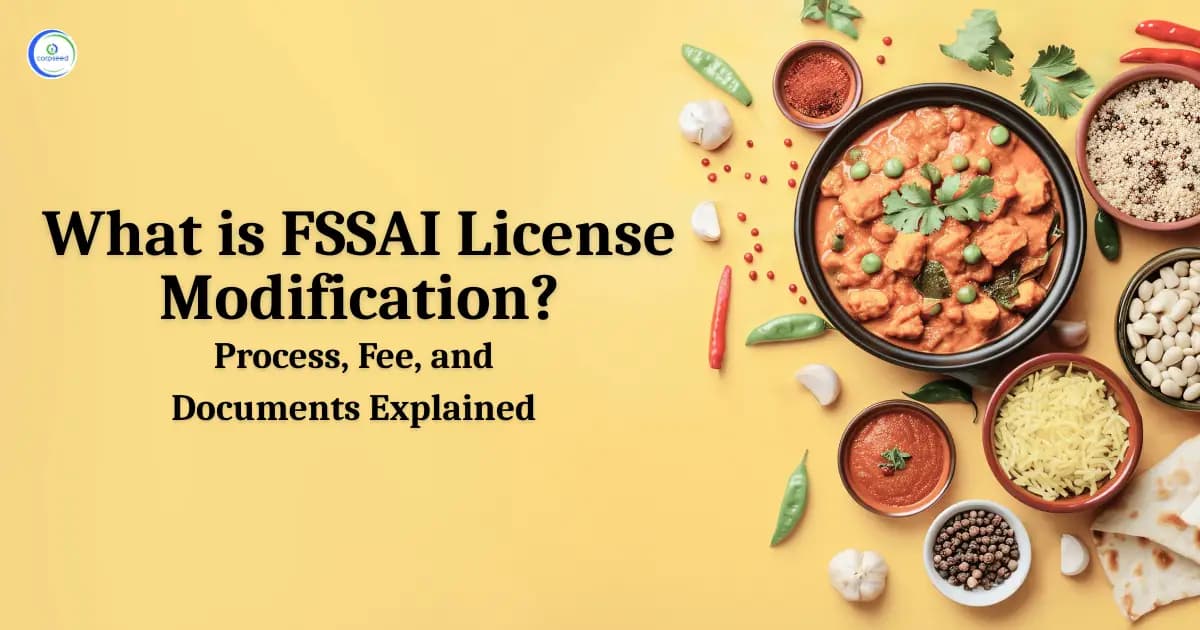
Loading...

Science plays an important role in food safety, helping to prevent contamination, preserve food quality, and develop better ways to keep food safe for consumption.
About the Author

Mahek Sancheti, BAJMC graduate with a deep passion for writing. As a content writer, video content creator, creative content creator, and scriptwriter, I bring stories to life through words and visuals. I honed my skills by working with a prominent news agency, where I excelled in crafting compelling narratives and engaging content. Coming from a journalism and mass communication background I have skills to craft engaging narratives that captivate audiences. With a keen interest in writing and creativity, I aim to deliver impactful and meaningful content that resonates with diverse audiences.
Related articles

How to Get FSSAI License for Mushroom Cultivation Business in India
2026-02-13

Who Needs Tea Board Registration & Why Is It Important?
2026-02-10

How to Apply for Spice Board Registration in India: Step-by-Step Guide
2026-01-02

Plant Protection Code 2025: New Rules for Tea Licenses
2025-11-29

What is FSSAI License Modification? Process, Fee, and Documents Explained
2025-09-19

How to Export Spices from India: Complete Process and Documentation Guide
2025-08-14
Delhi Legal Metrology (Enforcement) Amendment Rules, 2026
2026-02-24 • 0 views
2023-02-27
2026-02-25